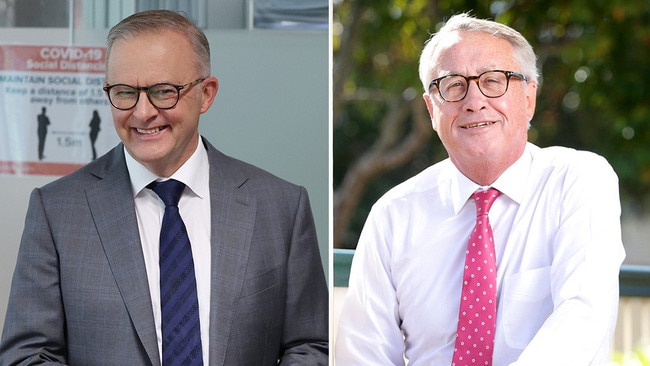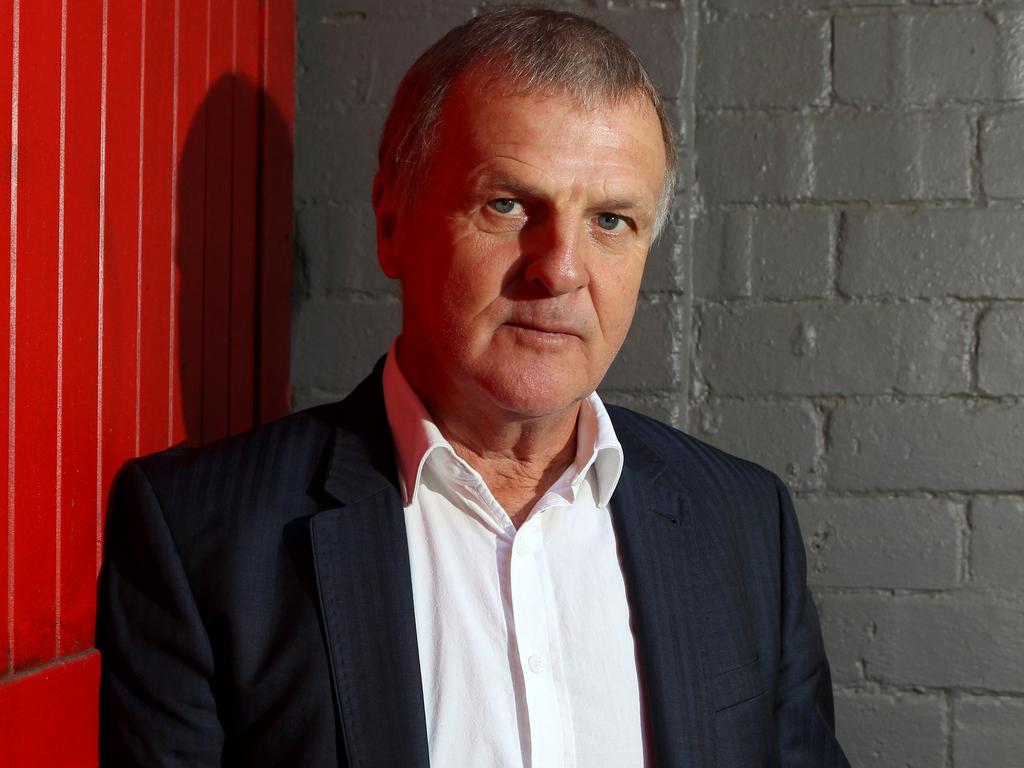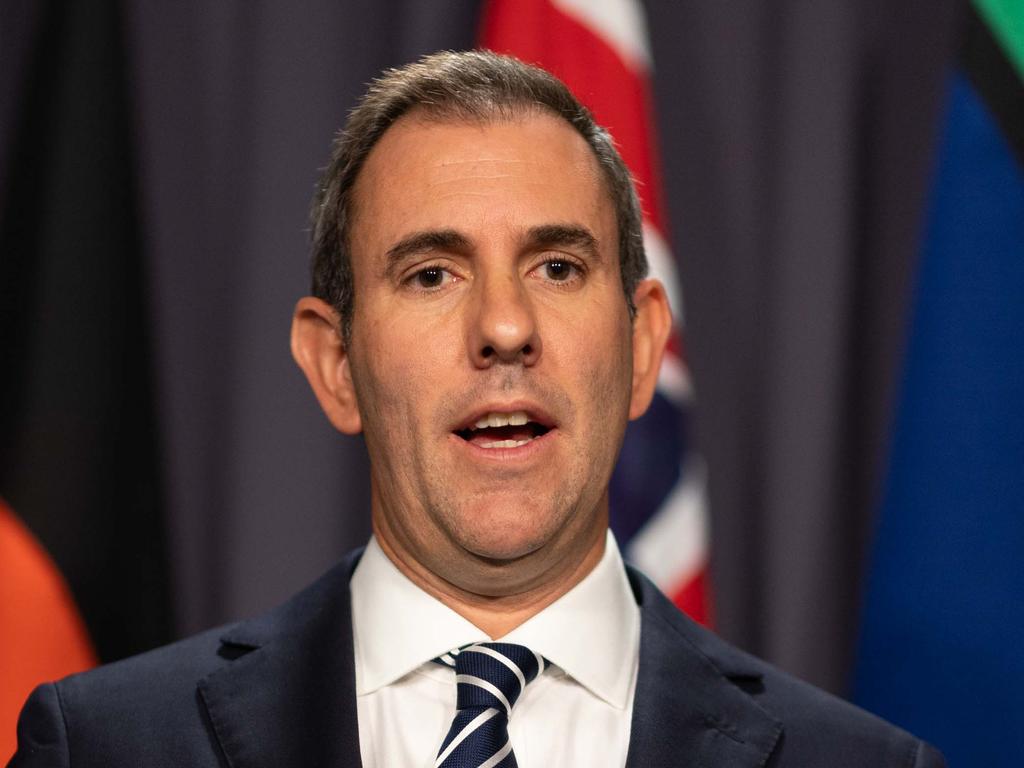‘High hypocrisy’: Compare this pair on how they’ll fare with their own super
PM warned it’s ‘the height of hypocrisy’ for MPs to tighten super tax concessions, given what he can claim.

Anthony Albanese has been warned it is “the height of hypocrisy” for MPs with generous taxpayer-funded annual pensions to tighten super tax concessions for other Australians, as new analysis suggests the Prime Minister can claim in the ballpark of $400,000 a year when he retires.
ALP national president and former Labor treasurer Wayne Swan – who on Thursday backed the case for a $3m cap on superannuation – is also entitled to a figure in the order of $300,000, according to new estimates provided by right-wing think tank the Institute of Public Affairs.
“If you’ve got $3m in a super account, you don’t need generous tax concessions. Super is there for retirement purposes,” Mr Swan, chair of Cbus Super, told the Nine Network. “This is a very sensible clean-up … But it’s very modest.”
Politicians who entered parliament before 2004 have access to the generous Parliamentary Contributory Superannuation Scheme when they retire, a system reformed by John Howard following pressure from the Labor opposition led by Mark Latham.
The least an MP on this scheme can receive is 50 per cent of their annual pay if they have served at least eight years in parliament.
An additional 2.5 per cent of their pay is granted on top for each year served, and MPs who have spent 18 or more years in parliament receive 75 per cent of the salary of the highest office they held during their career.
However, the total amount an MP leaves with can vary as the pension can be received annually or taken, in part, as a lump sum with a smaller amount paid annually thereafter.
The IPA analysis suggests that, if Mr Albanese retired today, he would be entitled to a base annual parliamentary pension of $162,795 per annum as he has served for more than 18 years. But the IPA said that, factoring in his position as Prime Minister, former opposition leader and a former minister, his annual pension could be as much as $416,800.
When Mr Swan left parliament, he was also eligible for the more generous Parliamentary Contributory Superannuation Scheme, which would also give him at least an annual parliamentary pension of $162,795.
Once his positions are factored in, having served as treasurer and deputy prime minister between 2007 and 2013, the IPA suggested his annual pension could be as high as $322,500.
Other sources in the financial and superannuation sectors said the analysis reflected the sort of figure Mr Swan and Mr Albanese would take home. But Mr Swan said the analysis was “grossly inaccurate”.
Mr Albanese’s office was contacted for comment.
IPA director of research Morgan Begg said “retrospectively making changes to superannuation for ordinary Australians, while the Prime Minister and his colleagues know they are set for life on a generous taxpayer-funded pension scheme is the height of hypocrisy”.
“This further reinforces why confidence among Australians in superannuation is at an all-time low,” he said. “We need to go back to the drawing board on superannuation. It is not working as it should be. It is the money of Australians, and they should have confidence that the rules around their retirement will not be changed mid-game.”
Earlier on Thursday, Mr Albanese assured Australians there would be no changes that “impact the sustainability of the system” and the government “did not intend to make big changes”.
The Parliamentary Contributory Superannuation Scheme is monitored by the independent Remuneration Tribunal, which has the authority to determine and provide advice on payments.
Politicians who entered parliament after 2004 will be able to access super contributions of 15.4 per cent after Mr Howard legislated a new scheme. Under the legislation, newer MPs receive a 15.4 per cent superannuation contribution based on their core allowance as elected officials. This is compared to the current rate of 10.5 per cent for Australian workers, with the super guarantee scheduled to reach 12 per cent by 2025.







To join the conversation, please log in. Don't have an account? Register
Join the conversation, you are commenting as Logout